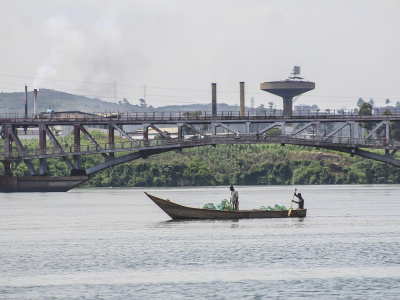
What does the AfCFTA mean for an EU-Africa trade agreement?
The African Continental Free Trade Area (AfCFTA) aims to promote intra-African trade, but it will also affect Africa’s external trade relations. The European Union, Africa’s foremost trade partner, views the AfCFTA as a step towards its long-term ambition of a continent-to-continent free trade agreement. In this paper, Sean Woolfrey asks if this ambition also makes sense from an African point of view.
Summary
The African Continental Free Trade Area (AfCFTA) aims to promote intra-African trade, but it will also affect Africa’s external trade relations. The EU, Africa’s foremost trade partner, views the AfCFTA as a step towards its long-term ambition of a continent-to-continent free trade agreement (FTA). But does this ambition make sense from an African point of view?
Realising this ambition would require major changes on the African side. African states would need to establish a continental customs union, to align their trade interests towards the EU and to provide a mandate to the African Union, or another continental body, to represent them in trade negotiations. However, various political economy dynamics are likely to thwart these changes. African states’ ambivalence towards deeper integration will complicate efforts to establish a continental customs union. The different pressures and incentives they face will make it hard for them to align their trade interests visa-vis the EU and their desire to preserve sovereignty means they will be reluctant to give the AU a mandate to represent them in trade negotiations.
Proponents of a continent-to-continent FTA should therefore focus their efforts on supporting the implementation of the AfCFTA and related African integration processes and on improving existing trade arrangements between the EU and Africa. Such efforts could help pave the way for a future continent-to-continent FTA. At the same time policymakers on both sides should not let a preoccupation with a continent-to-continent FTA divert attention away from other avenues to foster constructive EU-Africa collaboration on trade.
This paper was produced as part of the second phase of our project on the political economy dynamics of regional organisations in Africa – PEDRO II.




